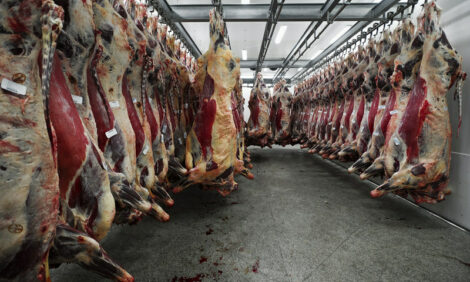



Study: Climate Reprieve for Beef Cattle
US - Beef cattle are not the climate-change bogeymen they're made out to be, according to a new US-based study.According to Weekly Times Now, University of California scientists say UN estimates that livestock generate 18 per cent of global greenhouse emissions could be six times too high.
They say recent estimates by US environment and energy agencies, using more appropriate assumptions, show livestock contributes about 3 per cent of global emissions.
And the transport sector could be a much larger emitter than normally thought if its total carbon "footprint" is properly accounted for.
Farm leaders and analysts welcomed the report's findings, which they said undermined the push to cut meat consumption as a way of reducing emissions.
In their study, Clearing the Air: Livestock's Contribution to Climate Change, the UC scientists say the revised estimates are based on revised assessments of the impact of methane emissions from livestock.
They added the role of livestock in absorbing carbon through pastures, more realistic assumptions on land-clearing due to livestock grazing, and what the alternative emissions would be if livestock numbers were reduced.
They said it was likely that alternatives such as crop production could produce even higher emissions, as would replacement products for wool and hides, such as synthetics.
And unlike livestock, calculations for the transport sector were limited to direct emissions, not the indirect emissions created by vehicle manufacture or oil extraction, they said.
Cattle Council of Australia president Greg Brown said it was encouraging that new science-based estimates were giving a more balanced picture of livestock emissions.
"Too often we're portrayed as emitters, with no acknowledgement we also help take carbon out of the atmosphere," he said.
NSW Farmers' Association president Charles Armstrong said the study showed alarmist comments on livestock and meat-related emissions were "far-fetched".
Australian Farm Institute executive director Mick Keogh said the UC study infused the climate change debate with a "much-needed dose of reality".
"Livestock is not the bogey people are making out," Mr Keogh said.
"The debate has been hi-jacked by people who have other agendas, notably promoting vegetarianism."
TheCattleSite News Desk


